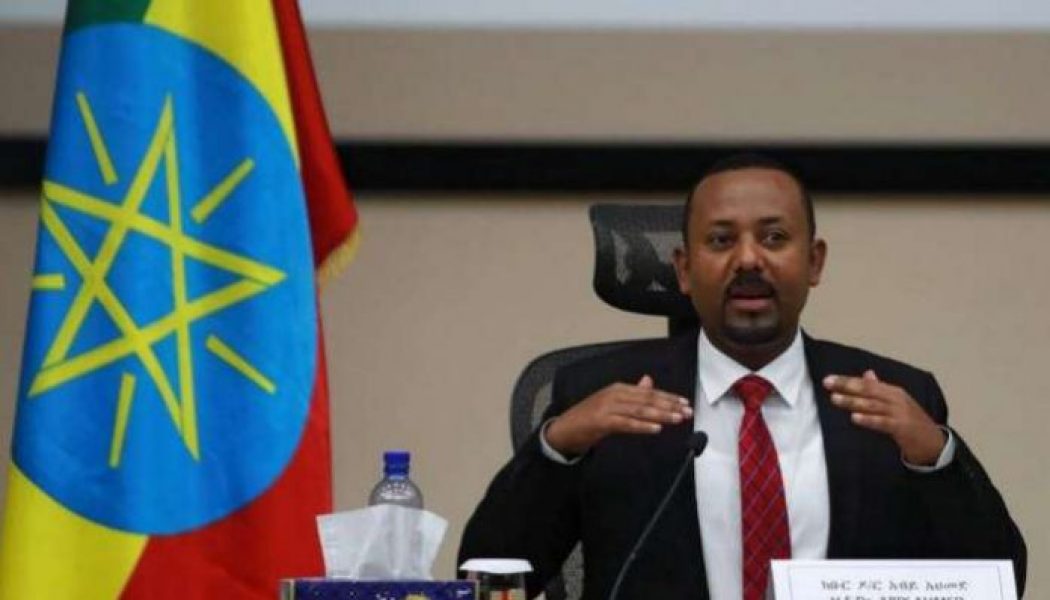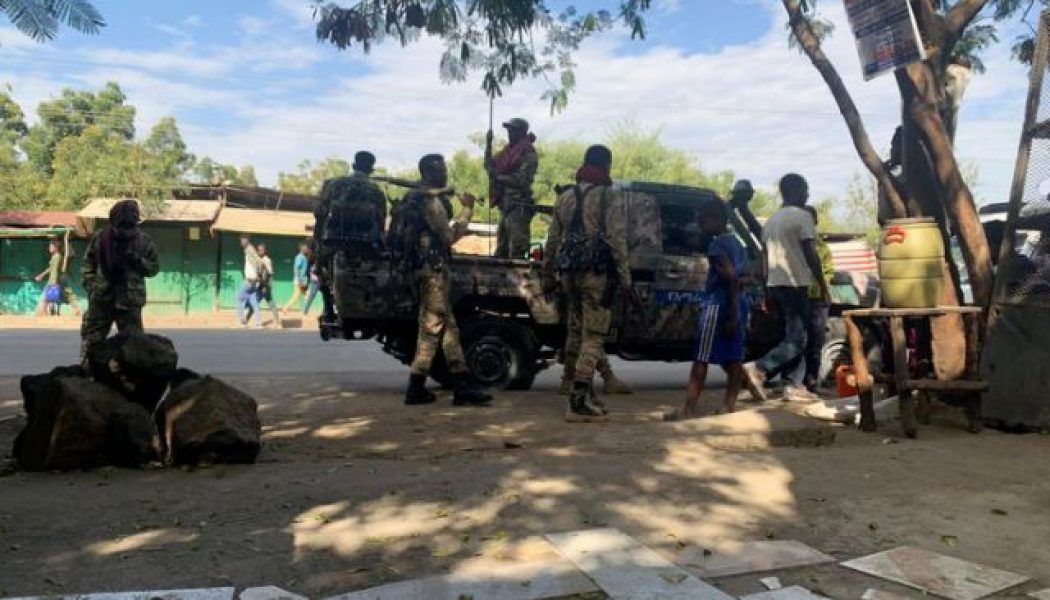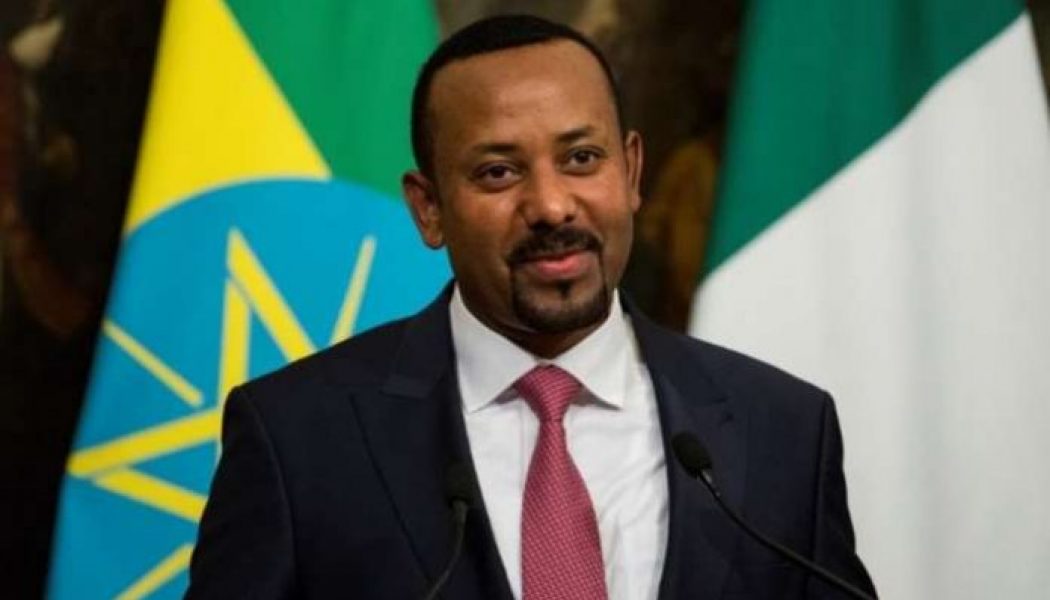Oromo
United Nations, Ethiopia reach aid pact for war-hit Tigray
Ethiopia and the United Nations reached an agreement on Wednesday to channel desperately needed humanitarian aid to a northern region where a month of war has killed, wounded and uprooted large numbers of people. The pact, announced by U.N. officials, will allow aid workers access to government-controlled areas of Tigray, where federal troops have been battling the Tigray People’s Liberation Front (TPLF) and captured the regional capital. The war is believed to have killed thousands, sent 45,000 refugees into Sudan, displaced many more within Tigray, and worsened suffering in a region where 600,000 people were already dependent on food aid even before the flare-up from Nov. 4. Aid agencies had sounded the alarm about a growing humanitarian crisis and been pressing for access, after hundred...
Ethiopia: From historic peace to the brink of war
As Ethiopia’s Prime Minister Abiy Ahmed replaces his army chief on Sunday amid an escalating conflict in the northern Tigray region, here are the key developments since Abiy came to power in 2018: First leader from biggest ethnic group In February 2018, prime minister Hailemariam Desalegn resigns after several years of anti-government protests. In April, Abiy is sworn in as premier, becoming the first leader from the Oromo ethnic group, Ethiopia’s largest. Ethnic divisions Oromos and the country’s second-biggest group, the Amharas, had fuelled the protest movement over perceived marginalisation at the hands of the ruling coalition, dominated by the Tigrayan group. But with the authoritarian coalition now dissolved, ethnic violence has emerged as a persistent problem under Abiy, regularly r...





